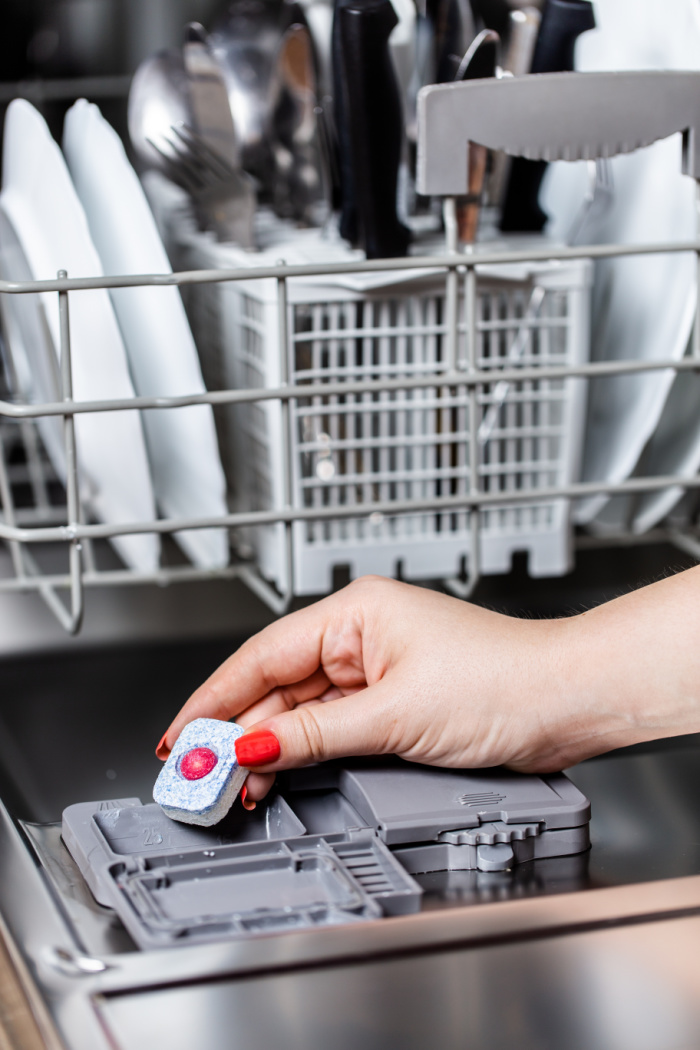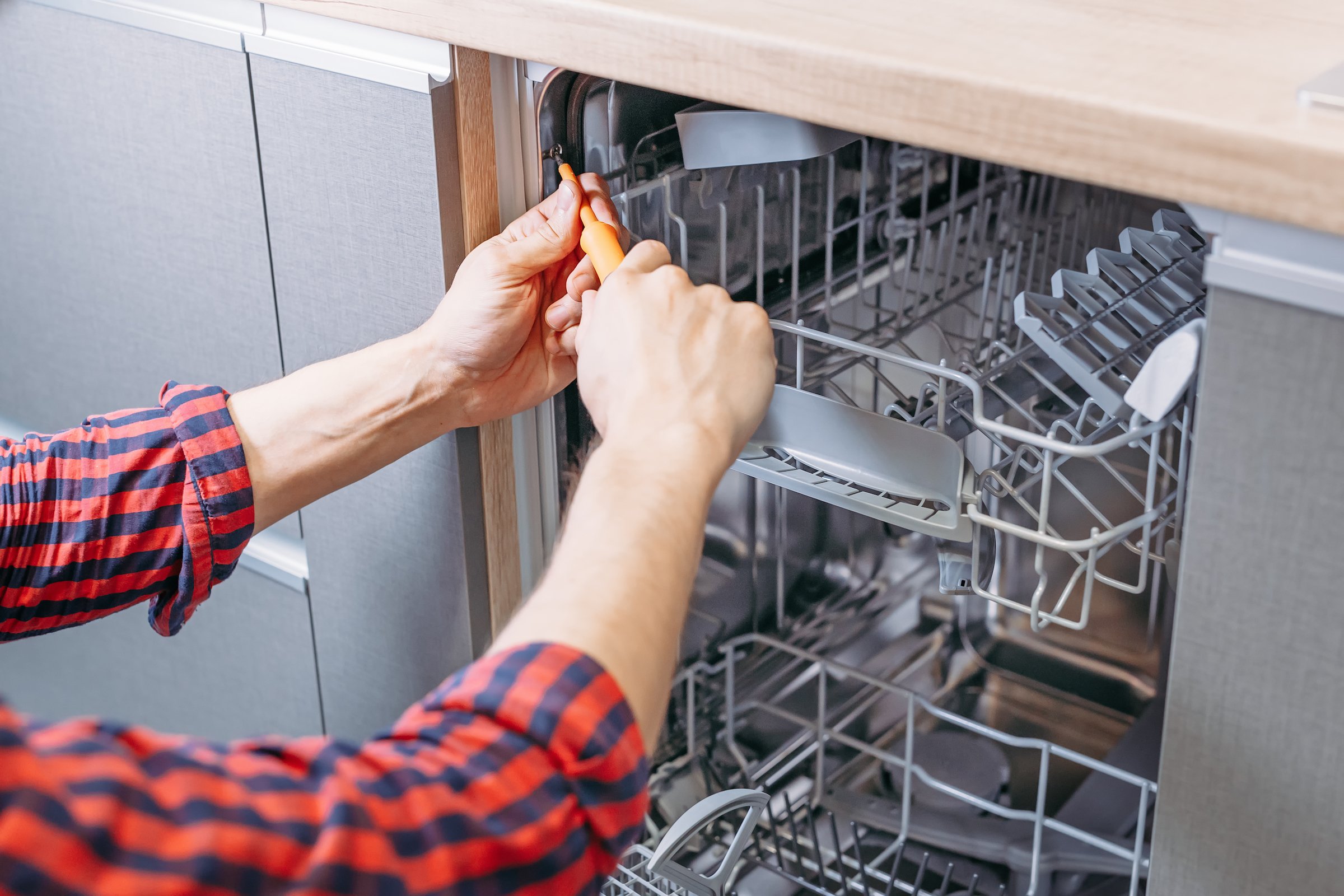Right here below you will discover additional exceptional information and facts all about Common Dishwasher Problems.

Having your dishwasher malfunction or malfunction can be a big deal and also cause some pain in the house. Dishwashing machines are makers that we use to clean recipes and cutleries immediately to save us the anxiety of by hand doing it.
Like every other equipment that relieves human effort, dish washers can break down and also create some fault at some point in time. There are numerous mistakes your dish washer might establish, and also while some of them can be addressed by changing some components or repairing them, other much more serious defects will certainly need that you get a brand-new dishwasher.
This short article will determine a couple of usual faults your dishwasher might develop to hinder its total performance as well as just how these faults can be addressed.
Common Faults
Common dishwashing machine faults could range from small to significant ones. Depending on the degree, you will certainly either require the solutions of specialist plumbings to take care of or replace it.
Some of one of the most typical mistakes consist of:
Leaking Dishwasher
This is possibly the most everyday dish washer problem, as well as the bright side is that it is easy to identify. Leakages happen due to several factors, as well as the leaks can make a mess of your cooking area. Common root causes of dishwashing machine leakages include;
Bad-Smelling Dishwashing machine
This is another common dishwashing machine trouble, and it is mostly triggered by food debris or oil sticking around in the machine. In this situation, look for these particles, take them out and do the meals without any recipes inside the device. Laundry the filter completely. That will assist eliminate the poor scent. Ensure that you eliminate every food fragment from your meals prior to moving it to the machine in the future.
Inability to Drain
Often you may notice a huge amount of water left in your bathtub after a laundry. That is probably a water drainage trouble. You can either examine the drain hose for damages or obstructions. When doubtful, speak to an expert to have it inspected and also dealt with.
Does not clean appropriately
If your meals as well as flatwares come out of the dishwasher as well as still look unclean or dirty, your spray arms might be a trouble. In most cases, the spray arms can get obstructed, as well as it will certainly need a fast clean or a substitute to function effectively again.
Conclusion
Some of these common dishwashing machine mistakes can be dealt with conveniently at home, but in some cases, the mistakes could be massive as well as may require the interest of experts. If you reside in Rochester, Syracuse, as well as various other parts of America, let the specialists effectively identify what could be wrong with your dish washer and also extend an option.
We likewise install dishwashing machines if you just bought a brand-new one or mean to change your very own. With our many years of experience in the sector, we make certain to give you the best feasible services.
8 Most Common Dishwasher Problems & How to Fix Them
My Dishwasher Isn't Draining
If your dishwasher isn't draining properly, you may be having an issue with your dishwasher's drainage system. This can be caused by a variety of issues:
Clogged drain: The dishwasher's drain may be clogged with food particles or other debris. Malfunctioning pump: The dishwasher's pump is responsible for moving water through the system and out of the drain. If it's damaged or not working correctly, it could cause a drainage failure. Broken or clogged hose: The dishwasher's drain hose may be broken or clogged, causing water to back up in the system. How to Fix Dishwasher Not Draining
Check the drain for any blockages. A clogged or kinked hose will prevent water from properly draining out of the dishwasher. Use a plunger or a pipe snake to clear any debris that may be blocking the drain. Check the dishwasher's pump for damage or malfunction. Consult the manufacturer's manual or call a professional appliance repair service if you think the pump may be the issue. Check the drain hose for any damage or blockages. The hose should be straight and free of any debris or kinks. Check the drain pump filters for any blockages if the hose is clear, but the dishwasher is still not draining. Some dishwashers have filters that can become clogged with food particles or debris. Cleaning or replacing the filters may help resolve the issue. Run a dishwasher cycle to make sure the water is properly draining out. My Dishwasher Is Leaking
A leaking dishwasher can be frustrating. There are a few possible causes that you can investigate to try and diagnose the issue:
Inspect the dishwasher for any visible signs of damage or wear and tear. Look for cracks or holes in the door and around the rubber seal. Check the hoses and pipes connected to the dishwasher for any signs of leaking. If there is no visible damage, you may hear the sound of water dripping or the sound of the water pump running. This might mean a problem with the water inlet valve or the drain pump. You may also notice a puddle of water on the floor near the dishwasher. This could indicate a blocked drain hose or a faulty drain pump. Finally, check the seals around the door and the door for any signs of damage, wear and tear, or improper installation. If any of these issues are present, they must be fixed immediately to avoid further water damage. How to Fix a Leaky Dishwasher
Identify where the leak is coming from. The most common places for a dishwasher to leak include the door, hoses, and pump. If the leak is coming from the door, the gasket or seal may need to be replaced. If the leak is from the hose or pump, the damaged parts should be replaced with new ones. Finally, check all the connections and make sure they are secure and not leaking How to Fix a Dishwasher That Won't Start
The perfect remedy for a dishwasher that won't start is confirming all the components are in perfect working order and that the wiring is in good condition. Next, inspect the motor and replace it if necessary.
If these steps do not resolve the problem, contact a professional appliance repair technician to diagnose and fix the issue.
Conclusion
Most dishwashers are reliable appliances with a long lifespan. As with all devices, checking your dishwasher regularly will help you quickly identify any issues and ensure that it is running efficiently.
And if you're in the market for a new dishwasher, don't let dishwasher problems ruin your day. Upgrade to a reliable, efficient model today! Check out our full selection of top-quality dishwashers that includes a range of styles and features to suit any budget and household needs.
https://www.coastappliances.ca/blogs/learn/common-dishwasher-problems

Do you enjoy reading about How to Troubleshoot & Repair a Dishwasher? Make a review down below. We will be pleased to see your ideas about this content. We are looking forward that you come back again before long. Those who enjoyed reading our page please don't forget to share it. Thank you for your time invested reading it.
Article